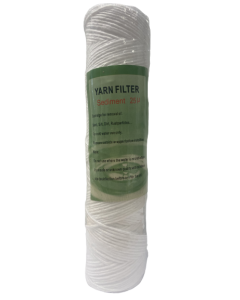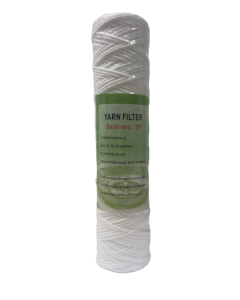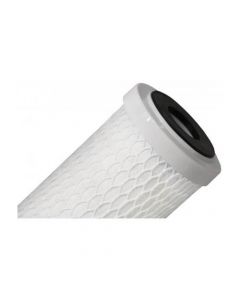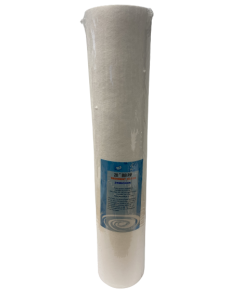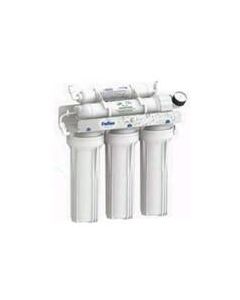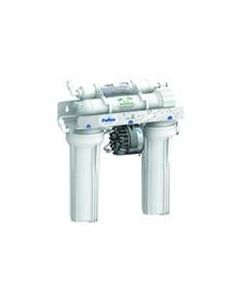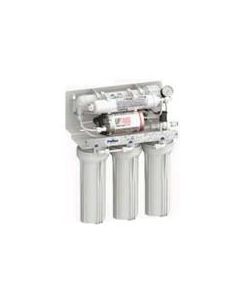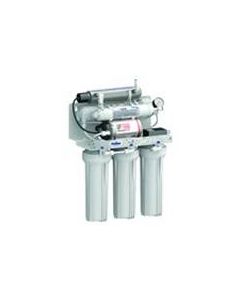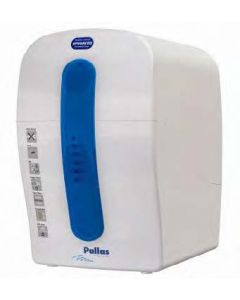Water Treatment Filters
Pure water is essential to may industrial processes such as food, electronics and pharmaceutical manufacture. Industrial water filters are specifically designed to remove solids and bacteria from the liquid and safely dispose of them. Some water filters also work as water softeners and remove traces of chlorine and heavy metals; Activated carbon is a specialised filter medium that is ideal for removing organic compounds that give unpleasant tastes and odours to water. It works essentially like a steam-treated coconut shell that contains a large number of pores.
Contaminants are trapped as the water passes through; Ultraviolet water filters uses ultraviolet light to kill all viruses and bacteria present in any water but are ineffective for the removal of chemical pollutants. The water must be pre-filtered before radiation; Sand filters are used on a large industrial scale for the treatment of waste water in urban water treatment plants; Reverse osmosis is a process where water is filtered through a medium under pressure. Water passes through a semi permeable membrane but toxins, solids, salts and bacteria are left behind. These reverse osmosis filters are more efficient than carbon and are designed to suit specific industrial processes.
All of these techniques are applicable to domestic water filters. The question is: are such filters necessary for domestic use; In Britain, water utilities have a mandatory obligation to supply drinking water according to European and World Health Organization (WHO) standards. However, due to the continuing use of lead in domestic water supply pipes, the water that flows out of a tap may contains dissolved metals. So it could benefit from being filtered to improve its taste as well as removing any lead and other heavy metals such as zinc. Domestic water filtration systems include stand alone jugs as well as filters that can be connected directly to the water supply.


